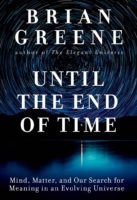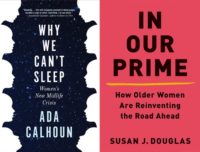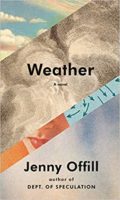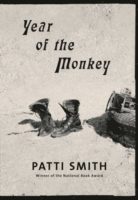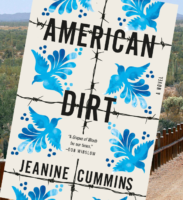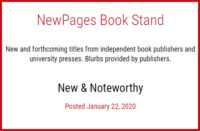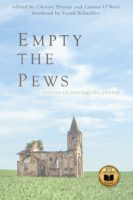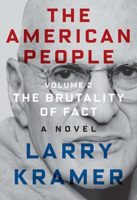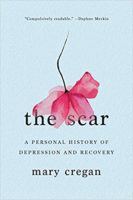“Social Poetics” Uncovers the Poetry of Everyday Workers
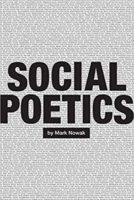 “Social Poetics” Uncovers the Poetry of Everyday Workers. By Harris Feinsod. In These Time.
“Social Poetics” Uncovers the Poetry of Everyday Workers. By Harris Feinsod. In These Time.
Goldman and Antonio both participated in the Worker Writers School (WWS), founded by poet and activist Mark Nowak, who has offered creative writing workshops with trade unions and social movements since 2005. In Nowak’s stirring new book, Social Poetics, he documents how writing workshops can embolden workers who, to paraphrase Trinidadian historian and writer C.L.R. James, seek to chronicle their own struggles “to regain control over their own conditions of life.”
…Nowak’s work follows in the tradition of Langston Hughes, whose 1947 essay, “My Adventures as a Social Poet,” turned away from lyric poems of individual experience to the poetry of social commitment, poems that “stop talking about the moon and begin to mention poverty, trade unions, color lines and colonies.” Social Poetics relates the history of this tradition: Young English Professor Celes Tisdale and the Abenaki author Joseph Bruchac, for example, created poetry classes in prisons (which included participants in the 1971 Attica uprising).


